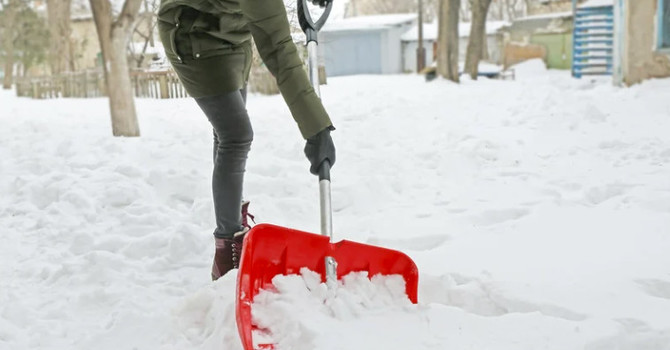
Jaw pain, clicking, or difficulty opening your mouth can be signs of TMJ dysfunction. The temporomandibular joint (TMJ) connects your jaw to your skull, and when irritated, it can affect not only your jaw but also your head, neck, and shoulders. Here are some simple dos and don’ts to help protect your jaw and support recovery:
TMJ Dos
- Practice good posture – Keep your head aligned over your shoulders to reduce strain.
- Use the TMJ resting position – Keep your tongue gently resting on the roof of your mouth just behind the front teeth, lips together, and teeth slightly apart. This helps reduce pressure on the joint.
- Eat soft foods – Give your jaw a break with easy-to-chew meals.
- Use heat or cold – Warmth can relax muscles; ice can ease irritation.
- Try guided jaw exercises – A physiotherapist can teach safe, effective movements.
- Seek care early – Physiotherapy, chiropractic, and massage can reduce tension, restore alignment, and improve jaw function.
TMJ Don’ts
- Avoid chewing gum or tough foods – These overload the joint.
- Don’t clench or grind – Be mindful of jaw tension and ask about strategies if this is an issue.
- Skip overextending your jaw – Avoid wide yawns, nail-biting, or using teeth to open packages.
- Don’t rest your chin on your hand – This puts extra pressure on the TMJ and can worsen symptoms.
- Don’t ignore neck and shoulder tension – These areas often contribute to TMJ pain.
- Don’t wait it out – Persistent pain needs attention to prevent it from becoming chronic.
How We Can Help
Physiotherapy improves mobility, posture, and jaw mechanics.
Chiropractic care addresses spinal and jaw alignment to reduce strain.
Massage therapy relieves tight muscles in the jaw, face, neck, and shoulders. Together, these approaches treat both the pain and its causes, helping you get back to eating, speaking, and living comfortably.
If TMJ pain is affecting your daily life, book your assessment today and let’s create a plan that works for you.



